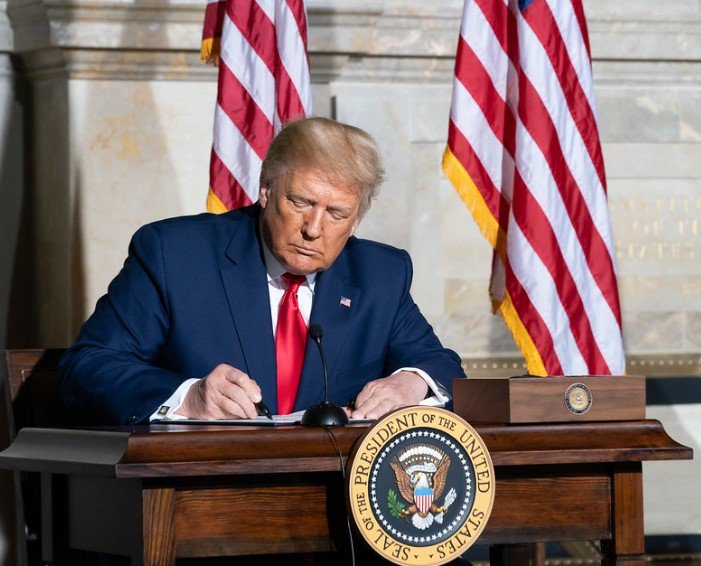The close, decades-long bond between the United States and Israel is showing new signs of strain as President Donald Trump’s administration adopts a markedly different stance on Middle East policy. With Israel finding itself sidelined on key issues, the country now faces a pressing need to rethink its approach and forge a more independent strategy.
Trump’s presidency has brought fresh unpredictability to the table. And while Israel once could count on unwavering US support, that trust is being tested—forcing Israeli leaders to adapt to a new political reality that might last well beyond Trump’s term.
When Old Alliances Feel New Strains
It’s hard to overstate just how big a shift this feels. For decades, Israel has been a key American ally in a volatile region. Yet under Trump, that relationship is not what it used to be.
The administration’s foreign policy seems increasingly transactional. Support appears linked to financial deals and economic interests, more than traditional strategic partnerships. This isn’t just about shifting priorities; it’s about a different mindset altogether, one that echoes the isolationist streak within parts of the Republican Party.
Congress, too, has largely stepped back. Instead of acting as a counterbalance, it’s mostly silent or impotent in the face of an executive branch reshaping US foreign policy without much opposition.
And Israel? Well, it’s caught in the middle, trying to figure out what to do when your closest friend suddenly starts keeping you at arm’s length.

What This Means for Israel’s Security and Strategy
Israel’s security concerns haven’t vanished overnight. If anything, threats from groups like Hamas and Hezbollah remain pressing and lethal. But now, without the solid backing it once expected, Israel needs to look inward and outward—beyond Washington.
This means Israel must start building relationships that aren’t dependent on the US alone. Engaging more deeply with regional neighbors like the Gulf states, Oman, and even Saudi Arabia is no longer optional—it’s essential.
Israel’s long-term planning, which has historically been short-sighted or reactive, has to evolve. Instead of leaning on America’s military and diplomatic clout, Tel Aviv needs to map out diverse contingencies.
That’s a tall order, considering how intertwined Israeli policy has been with American interests for so long. But with US priorities shifting, there’s simply no other way.
The Bigger Picture: American Democracy and Foreign Policy
The Trump administration’s approach reflects a broader change in how American foreign policy is made. The executive branch now dominates decisions, with Congress largely sidelined. That weakens the traditional checks and balances on US international commitments.
On top of that, Trump’s worldview channels an isolationist impulse. It favors “America First” and a transactional mindset—where allies are valued mainly for what they can provide in return. For Israel, which has long been seen as a strategic asset, this is a fundamental recalibration.
It also raises questions about the stability of US foreign relations going forward. If allies can be sidelined or used as bargaining chips, what does that mean for global trust in American leadership?
Looking Ahead: Can Israel Adapt Fast Enough?
Israel’s future in the Middle East depends on its ability to be flexible and pragmatic. It’s about survival and influence in a region full of shifting alliances and emerging powers.
The stakes are high. Israeli leaders must figure out how to balance historic ties to the US with new partnerships and a firmer stance on self-reliance.
This might mean more diplomatic outreach, more regional cooperation, and a tougher look at national security strategies.
One thing is clear: Israel cannot afford to wait. The world is changing, US priorities are shifting, and Israel’s next moves will shape its destiny for years to come.
